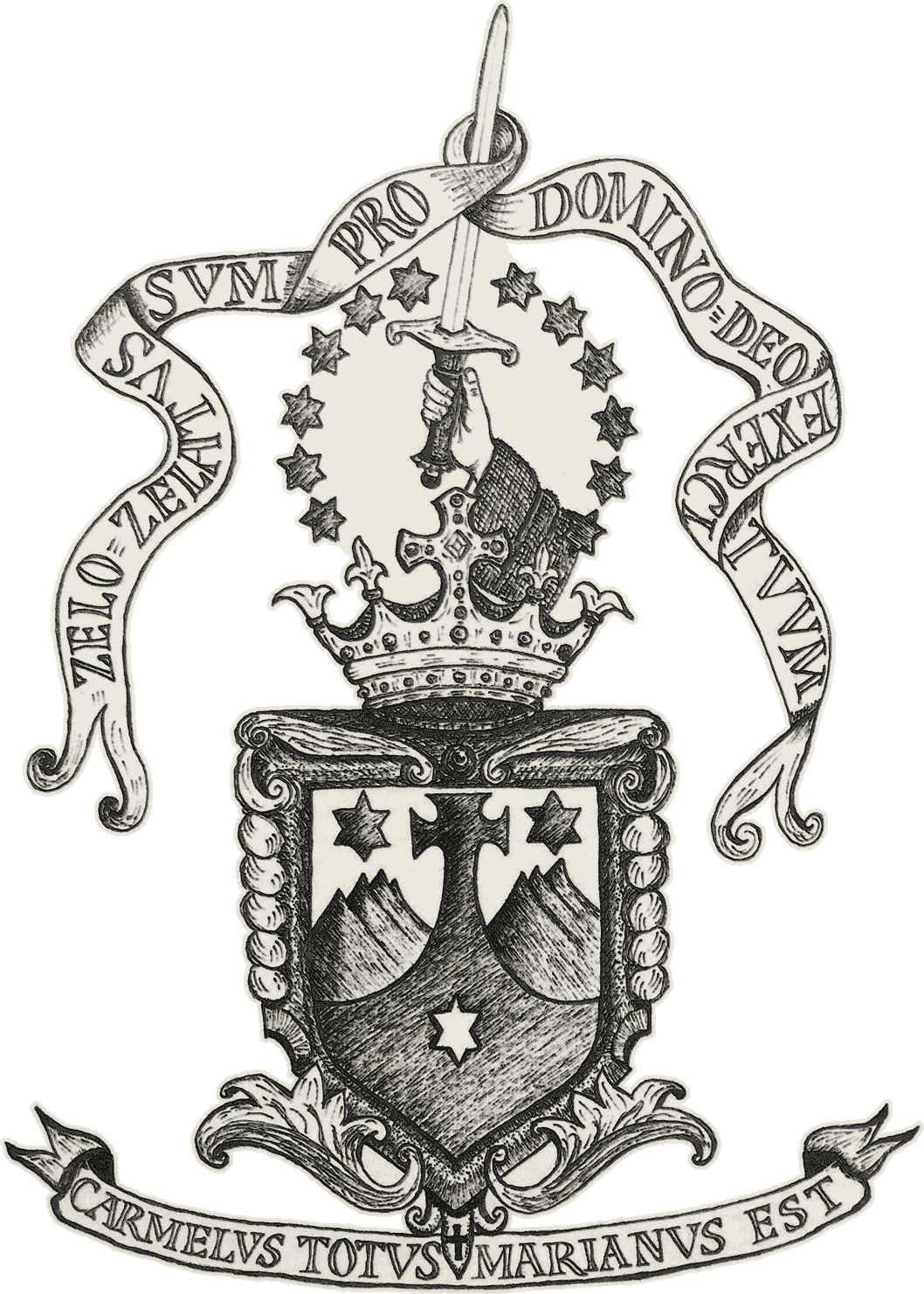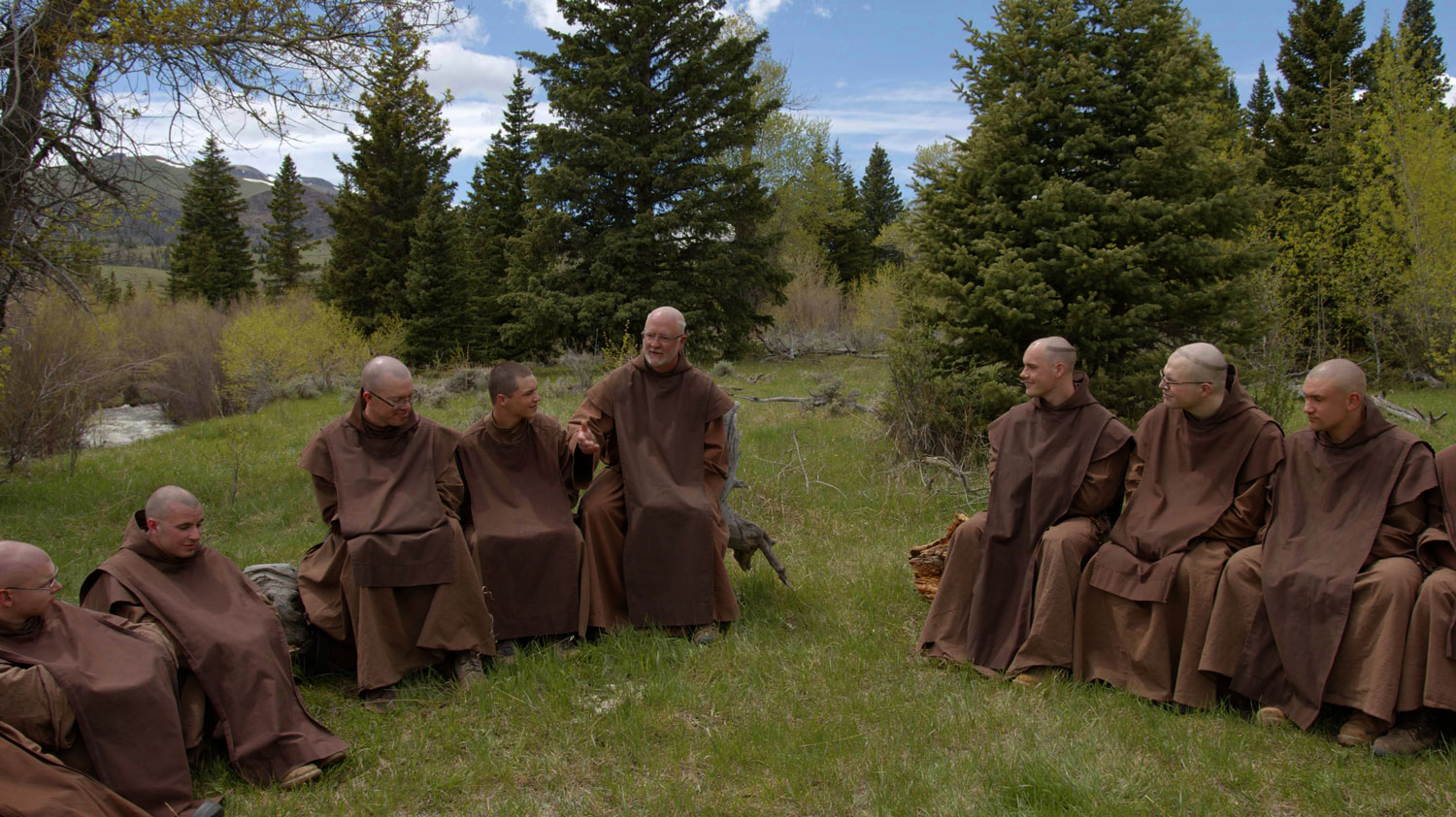 The monastic life according to the reform of Ss. Teresa of Jesus and John of the Cross, such as popularized by St. Therese of the Child Jesus and lived by our Fathers and Brothers, is intensely communal. While unquestionably living the life of the first hermits on Mount Carmel, the Carmelite life we lead importantly occurs within a community of Fathers and Brothers bonded together in fraternal charity under the leadership of the Prior. The Carmelite Monastery is, therefore, not the place for those who seek to escape from others or who dislike the company of others. A call to be a son to Ss. Teresa of Jesus and John of the Cross requires a desire for community life, both as regards its joys and its trials.
The monastic life according to the reform of Ss. Teresa of Jesus and John of the Cross, such as popularized by St. Therese of the Child Jesus and lived by our Fathers and Brothers, is intensely communal. While unquestionably living the life of the first hermits on Mount Carmel, the Carmelite life we lead importantly occurs within a community of Fathers and Brothers bonded together in fraternal charity under the leadership of the Prior. The Carmelite Monastery is, therefore, not the place for those who seek to escape from others or who dislike the company of others. A call to be a son to Ss. Teresa of Jesus and John of the Cross requires a desire for community life, both as regards its joys and its trials.
The community life we lead is perhaps best conceived as that of a family, namely the family of the Holy Virgin wherein the life lived at Nazareth is perpetuated. Under Mary's mantle of maternal tenderness, the Fathers and Brothers have been called together not by common interests or even common ideas, but much more deeply by the vocation received at Baptism. In Carmel's community, the temperaments, interests, cultural upbringings, and even socio-economic conditions of the monks differ tremendously. Unlike worldly friends often bonded by merely human interests, the monks have been hand-picked
by God and united in the common monastic charism.
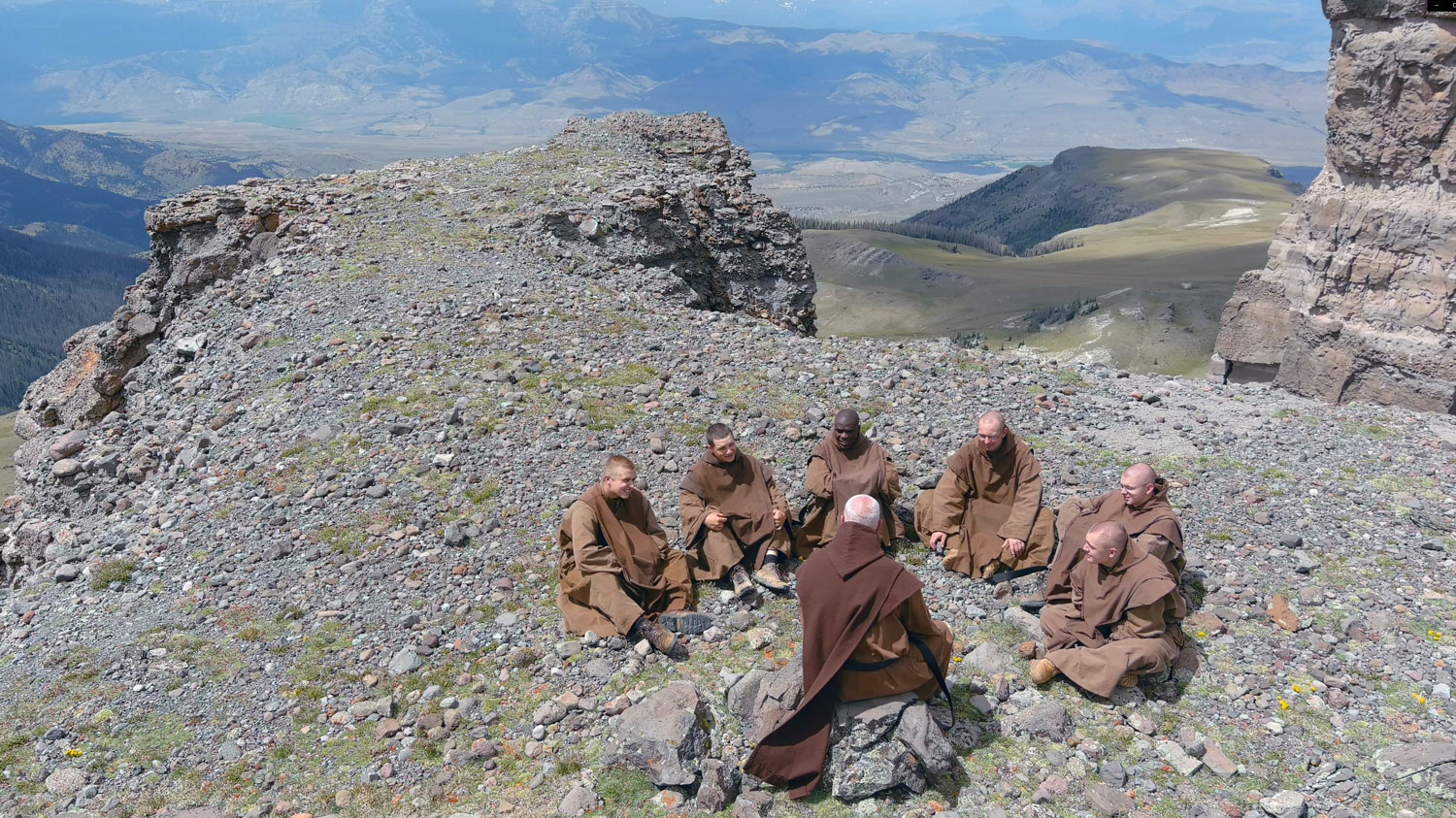
Community life, therefore, must be understood not as an esoteric utopia of likeminded people, but rather as a real life composed of real men who are united in the pursuit of holiness according to the monastic charism. Accordingly, fraternal life is at once the greatest joy in the support and encouragement it tirelessly offers the monk to pursuit with ever greater resolve the heights of virtue; likewise community life requires humility, selflessness, and charity that can be found difficult at times and demands a lifetime pursuit of the heights of fraternal charity.
Some would like to conceive of religious life without the communal life, but in fact community living is essential to what it means to be a religious. Monks are not a vagabond group of men that tolerate
one another, but rather a real community of Fathers and Brothers that love one another from the heart and who commit through perpetual profession to a communal life. The monks rely upon one another in life's most challenging moments and grow together under the weight of life's crosses. Community life, thus, emerges as a powerful aid in the pursuit of holiness both as regards the help it affords and the challenges it presents. The Carmelite life, and indeed all religious life, is not the place for those who dislike the company of others or who obstinately will to not develop social skills.
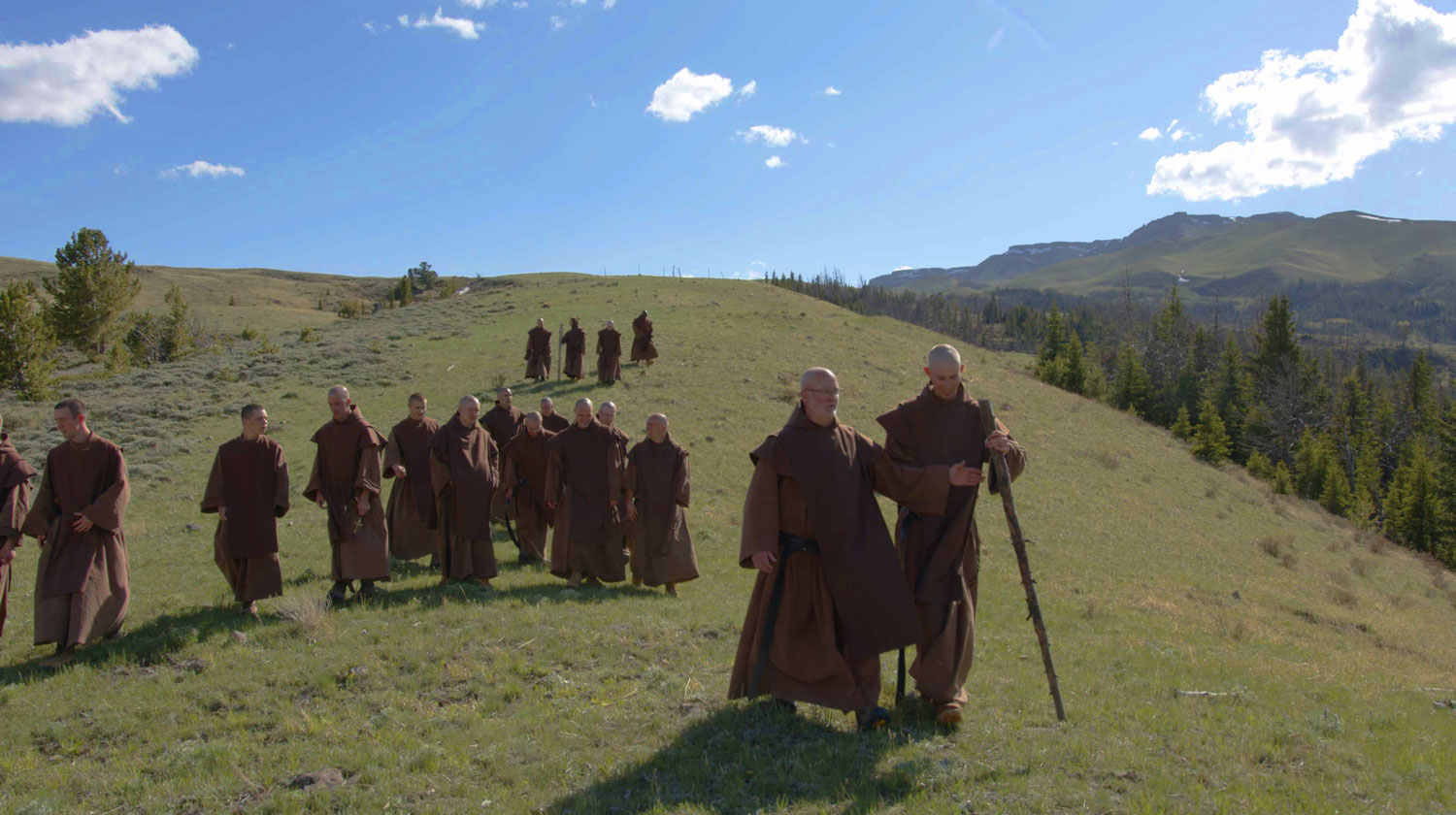
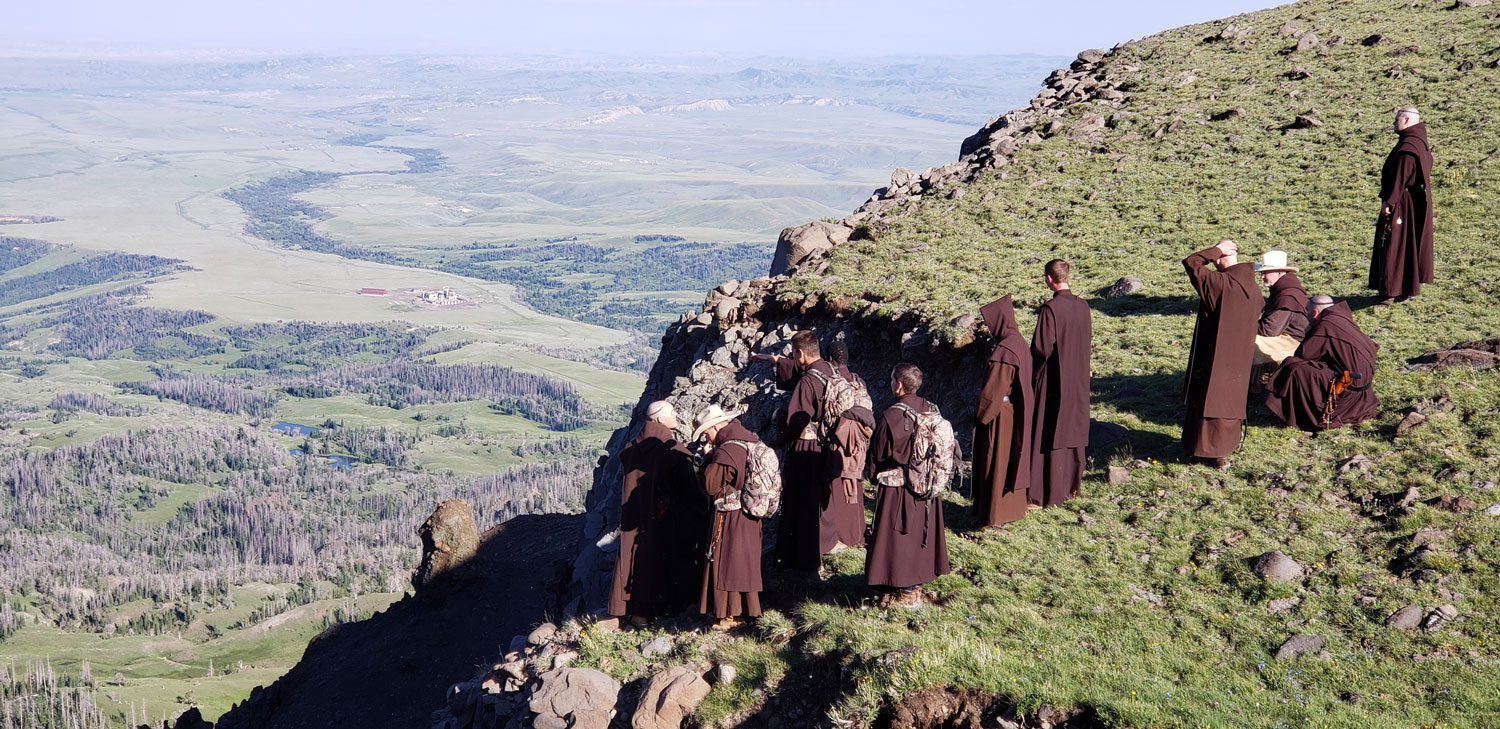
In the attention Carmelite life affords to contemplation, the question necessarily arises why so much attention is afforded to communal living. After all, wouldn't it be better to go to a hermitage alone in the woods and never have anything to do with other people, including one's own brothers? The truth of the matter is that if the anchoritic or reclusive life of a hermit is to be well lived, it must arise from the most profound paternal and fraternal charity. Without charity, eremitism is nothing more than a selfish undertaking! The communal life, wherefore, forms our monks in the ways of charity, constantly summoning forth growth in love and thus testing the authenticity of one's spiritual life.
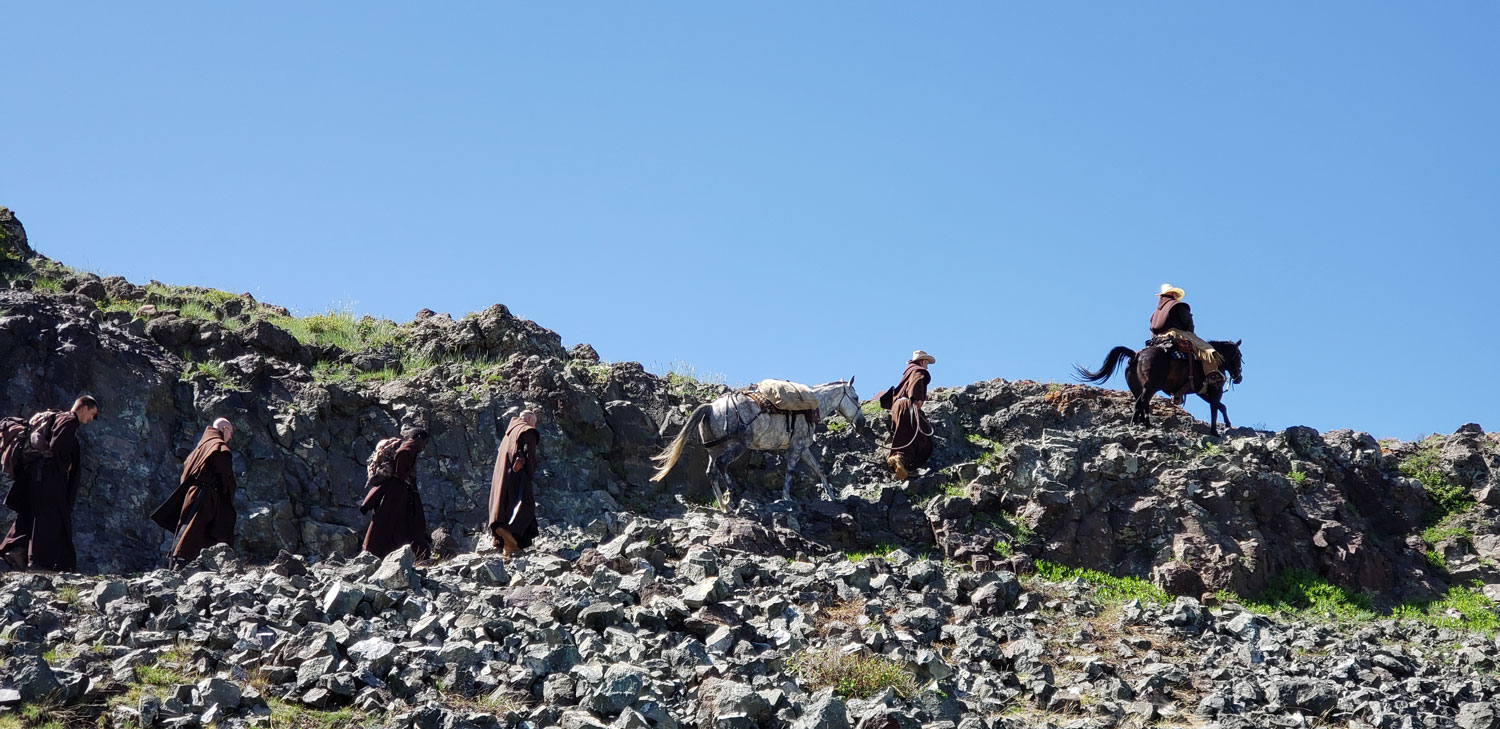
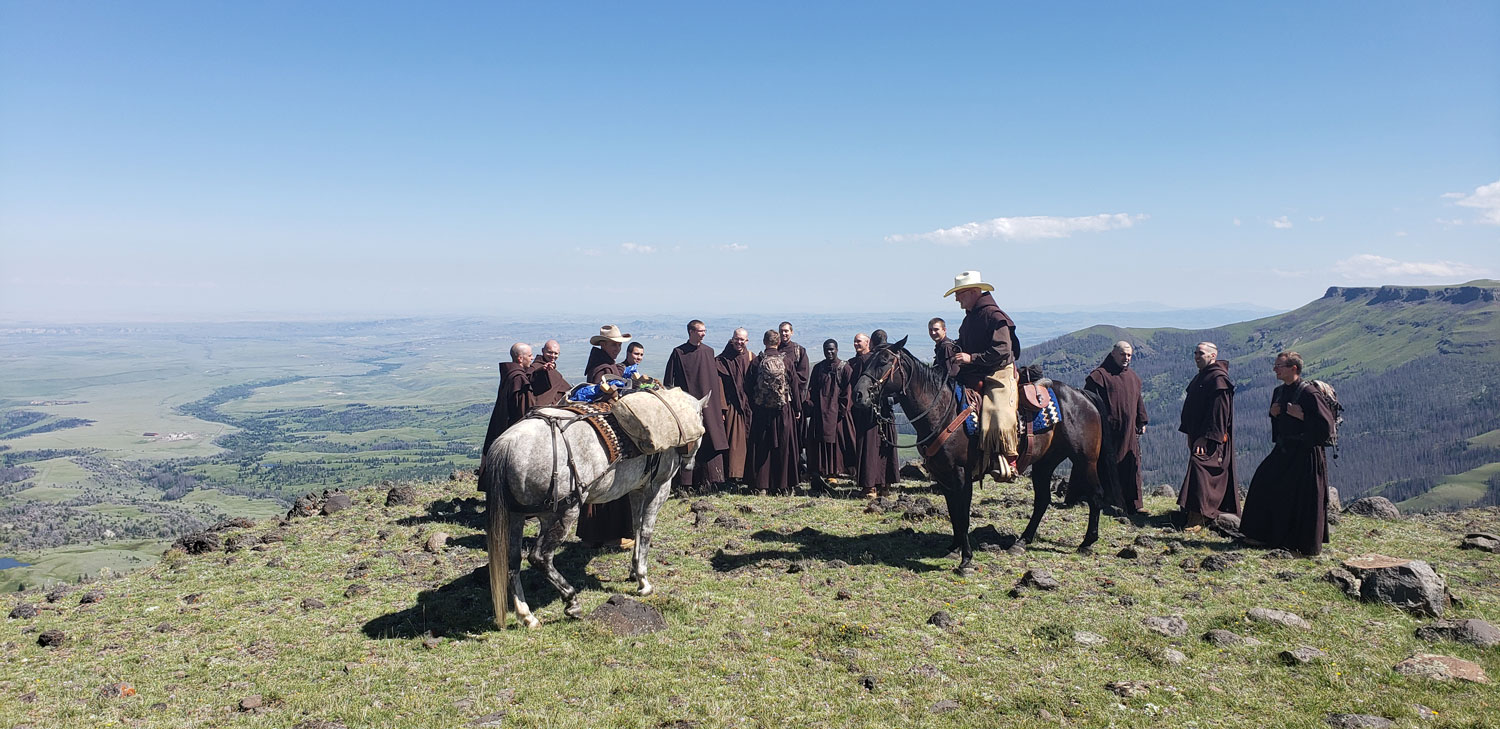
Our monastery seeks to be a place of peace and of unity. In a world torn by strife and discord, even amongst families, each monk's unique gifts, talents, and background enrich the entire monastic community. The diversity of the Fathers and Brothers does not create division, but rather realizes in miniature the reality of the universality of the Catholic Church. When God calls a young man to the Carmelite monastery, He calls him to become part of the family of the Virgin and to enter into the communal life where his Fathers and Brothers await him with open minds and open hearts, repeating the prayer of Psalm 132: Behold how good and how pleasant it is for brethren to dwell in unity.
